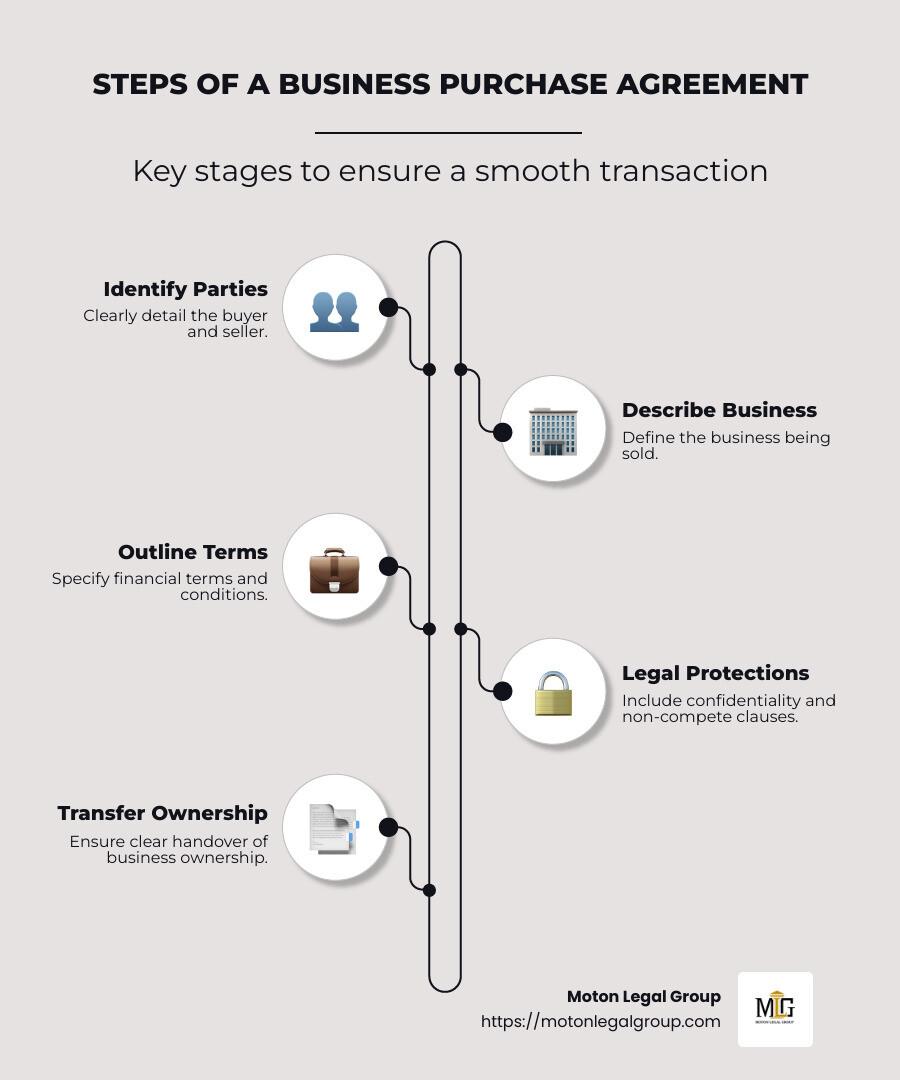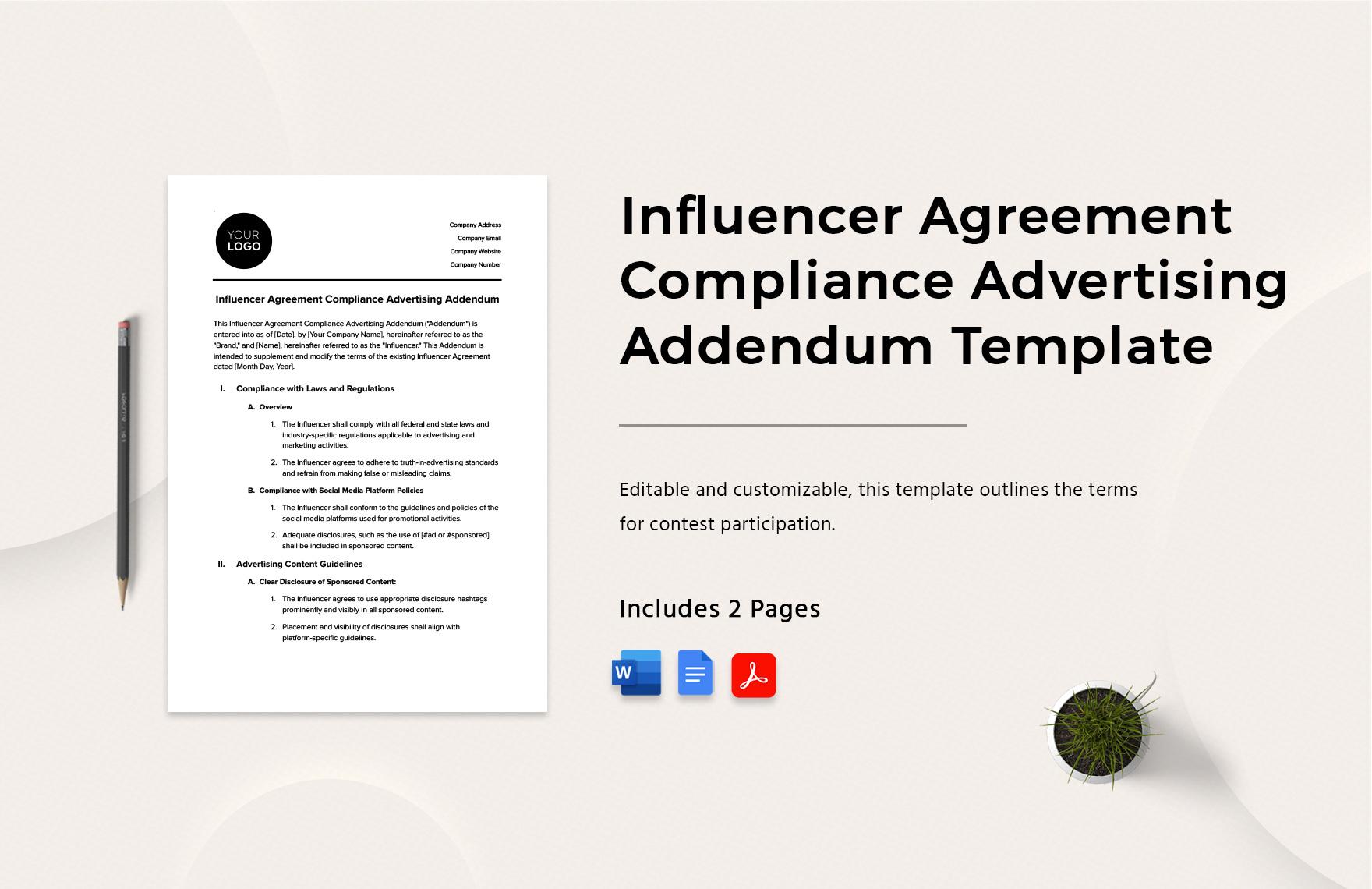
Navigating Legal Landmines in YouTube Influencer Marketing
In the dynamic landscape of digital marketing, where creativity and authenticity reign supreme, YouTube influencers have emerged as powerful voices shaping consumer behavior and brand narratives. However, behind the allure of collaboration and content creation lies a complex web of legal considerations that can quickly turn a promising partnership into a perilous endeavor. From copyright infringement and disclosure requirements to the intricacies of contract negotiations, the path through the influencer marketing terrain is riddled with legal landmines. This article aims to illuminate the essential legal frameworks and best practices that both brands and influencers must navigate to ensure their collaborations thrive without the threat of legal pitfalls. Whether you’re a seasoned marketer or a budding influencer, join us as we dissect the key issues and arm you with the knowledge to create compliant and triumphant campaigns in the ever-evolving world of YouTube marketing.
Understanding the Legal Framework of Influencer Marketing on YouTube
In the realm of YouTube influencer marketing, understanding the legal nuances is paramount to not just compliance but also to fostering trust with your audience. key regulations include the Federal Trade Commission (FTC) guidelines, which ensure that sponsored content is transparently disclosed. As an influencer,it’s essential to incorporate clear disclaimers in your video descriptions or within the video itself,indicating whether a product was sponsored or if you received any compensation. This protects you legally and enhances your credibility with followers.
Moreover, contracts play a crucial role in outlining expectations and responsibilities between influencers and brands. A well-drafted agreement should include the following elements:
- Scope of work: Define the content deliverables, platforms, and timelines.
- Compensation: clearly state payment terms, including upfront fees and performance bonuses.
- Content Ownership: Specify who owns the content created and how it can be reused.
- Compliance with Guidelines: Ensure all parties agree to adhere to FTC regulations and platform policies.
To put these elements into perspective, a simple table can illustrate the typical components of a YouTube influencer marketing agreement:
| Contract Component | Description |
|---|---|
| Scope of Work | Outlines specific content obligations. |
| Payment Terms | Details fees and payment schedules. |
| Termination Clauses | Conditions under which the contract can be ended. |
| Liability | Prevents potential legal claims against parties. |

Identifying Common Legal Pitfalls and Their Consequences
In the fast-paced world of YouTube influencer marketing,failing to recognize potential legal pitfalls can have serious consequences for creators and brands alike. One of the most prevalent issues arises from misleading advertising practices. Influencers sometimes overlook the requirement to disclose sponsorships, which can mislead their audience and lead to a breach of Federal Trade Commission (FTC) guidelines.This oversight may not only damage a creator’s credibility, but it could also result in significant fines for both the influencer and the brand involved. Similar issues can stem from intellectual property infringement, where unauthorized use of copyrighted material can lead to lawsuits and reputational harm.
another critical area to navigate is the realm of contractual obligations. Influencers frequently enough enter into agreements without fully understanding the terms, which can lead to disputes over deliverables and payment structures.As a notable example, a missed deadline on a sponsored post might be met with financial penalties or loss of future partnerships. Moreover, not adhering to guidelines set by platforms, such as YouTube’s own policies on content creation and monetization, can result in account strikes or suspension. To illustrate the potential ramifications of these legal problems, consider the following table that highlights common pitfalls and their possible outcomes:
| Legal Pitfall | Potential Consequences |
|---|---|
| Misleading advertising | FTC fines, loss of credibility |
| Intellectual property infringement | Legal action, financial penalties |
| contractual breaches | Damages, loss of partnerships |
| Policy violations | Account strikes, suspension |

Crafting Clear Agreements to Protect Your Brand and Content
When collaborating with YouTube influencers, it’s crucial to establish well-defined agreements that protect your brand and content. These contracts should outline the scope of work, expected deliverables, and compensation. A clear understanding of each party’s responsibilities minimizes the risk of misunderstandings and ensures that your brand’s voice is accurately represented. Consider including the following elements in your agreements:
- Content Ownership: Clearly state who owns the rights to the content created during the campaign.
- Usage rights: Define how the content can be used, both by the influencer and your brand.
- Deliverables: Specify the number of videos, posting dates, and any additional promotional activities.
- Compensation: Outline payment structures including bonuses or incentives for performance metrics.
- Disclosure Compliance: Ensure compliance with FTC guidelines regarding sponsored content.
It’s also wise to include a dispute resolution clause to address potential conflicts that may arise during the collaboration. This helps maintain a positive working relationship and facilitates quicker resolutions. consider creating a simple table to summarize key points for easy reference:
| Agreement Element | Description |
|---|---|
| Content Ownership | Defines who owns the rights to the produced content. |
| Usage Rights | Limits or expands how the content can be used by each party. |
| Deliverables | Details on the specific content to be produced. |
| Compensation | Outlines payment details and potential bonuses. |
| Disclosure Compliance | ensures all sponsored content adheres to legal guidelines. |

Best Practices for Compliance and Transparency in Sponsored Content
To ensure compliance and promote transparency in sponsored content,influencers and brands should adopt several practices that establish trust with their audience. Disclosures are vital; they must be clearly stated and easily identifiable. Utilize phrases like “paid partnership” or “sponsored by” at the beginning of video descriptions and within the content itself. This clarity helps audiences discern paid promotions from organic content. In addition, leveraging visual cues such as on-screen text during a sponsored segment can reinforce the message without interrupting the viewer’s experience.
Establishing clear guidelines for what constitutes sponsored content is equally essential. Content creators should work closely with brands to outline expectations, creative freedom, and performance metrics from the onset of collaboration. This process not only ensures compliance with legal standards but also enhances the authenticity of the partnership. Below is a simplified table highlighting effective strategies for compliance and transparency:
| Strategy | Details |
|---|---|
| Clear Disclosures | Use unmistakable language to indicate sponsored content. |
| Strategic Placement | Position disclosures prominently in videos and descriptions. |
| Collaborative Agreements | Set clear guidelines and expectations upfront with brands. |
| Visual Indicators | Add on-screen texts to signal sponsorship during relevant content. |
Insights and Conclusions
As we navigate the intricate landscape of YouTube influencer marketing, it’s clear that awareness and preparation are paramount. The legal landmines that lie beneath the surface can lead to costly repercussions for those who underestimate their importance. By equipping yourself with the right knowledge and strategies,you can forge meaningful partnerships without falling prey to pitfalls.
Remember, in this rapidly evolving digital age, the rules are always shifting. Staying informed and proactive will not only protect your brand but also foster an atmosphere of trust and transparency between influencers and their audiences. As you embark on your influencer marketing journey, keep these principles in mind: clarity in dialogue, thorough vetting of partnerships, and a commitment to adhering to legal standards.
Ultimately, successful influencer marketing isn’t just about creating buzz; it’s about building relationships built on integrity and respect for the law. So, step forward with confidence, and may your endeavors lead to innovative collaborations that not only resonate with audiences but also stand the test of legal scrutiny. happy influencing!